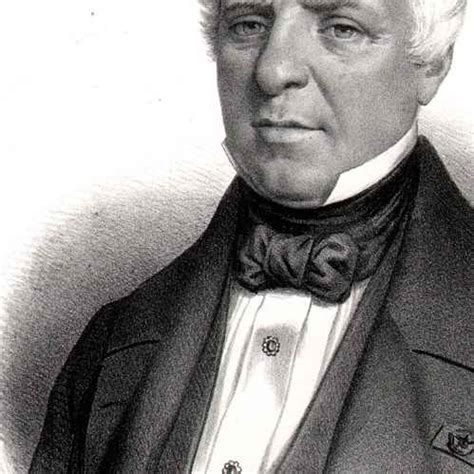A Quote by Francis Bacon
A man cannot speak to his son, but as a father; to his wife, but as a husband; to his enemy, but upon terms: whereas a friend may speak, as the case requires, and not as it sorteth with the person.
Related Quotes
When the enemy's envoy's speak in humble terms, but continues his preparations, he will advance. When their language is deceptive but the enemy pretentiously advances, he will retreat. When the envoys speak in apologetic terms, he wishes a respite. When without a previous understanding the enemy asks for a truce, he is plotting. When the enemy sees an advantage but does not advance to seize it, he is fatigued.
This sutura gives example about the purpose of relationship. A son of enemy who wants to uproot his own father, should be treated as friend and shold be protected. This may be called opportunism but is and should be necessary part of polity and statesmanship. Moreover, if a father is not aan upright man to have friendship with his sone can be a meritorious peson. So it is better to protecdt him.
Just as a husband cannot be indulgent of adultery in his wife, so also God cannot and will not endure infidelity in us. What would we think of a man or woman who does not experience jealous feelings when another person approaches his or her spouse and threatens to win his or her affection? We would regard such a person as deficient in moral character and lacking in true love.
When the father dies, he writes, the son becomes his own father and his own son. He looks at is son and sees himself in the face of the boy. He imagines what the boy sees when he looks at him and finds himself becoming his own father. Inexplicably, he is moved by this. It is not just the sight of the boy that moves him, not even the thought of standing inside his father, but what he sees in the boy of his own vanished past. It is a nostalgia for his own life that he feels, perhaps, a memory of his own boyhood as a son to his father.
In short, no association or alliance can be happy or stable without me. People can't long tolerate a ruler, nor can a master his servant, a maid her mistress, a teacher his pupil, a friend his friend nor a wife her husband, a landlord his tenant, a soldier his comrade nor a party-goer his companion, unless they sometimes have illusions about each other, make use of flattery, and have the sense to turn a blind eye and sweeten life for themselves with the honey of folly.
The Emperor Constantine, who lifted Christianity into power, murdered his wife Fausta, and his eldest son Crispus, the same year that he convened the Council of Nice to decide whether Jesus Christ was a man or the Son of God. The council decided that Christ was consubstantial with the father. This was in the year 325. We are thus indebted to a wife-murderer for settling the vexed question of the divinity of the Savior.








































